As police seize Newsnight laptop, concerns grow at reach of UK counter-terrorism measures
For journalists investigating jihadist networks, the UK is proving to be no safe haven. British police used special powers under the Terrorism Act 2000 in August to seize the laptop of Secunder Kermani, a reporter for BBC Two’s flagship news show “Newsnight,” according to reports. “They required the BBC to hand over communication between the…
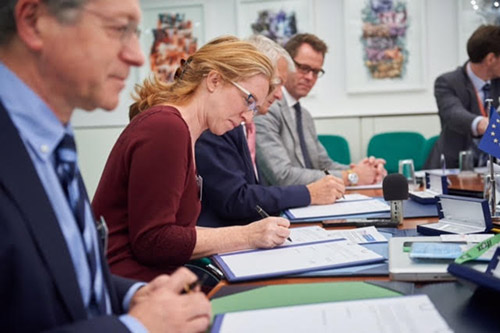
CPJ joins Council of Europe journalism safety platform
The Committee to Protect Journalists has joined the Council of Europe’s platform to protect journalism and promote the safety of journalists. The Strasbourg-based body set up the reporting system earlier this year as a way to hold its 47 member states responsible for responding to attacks against journalists.
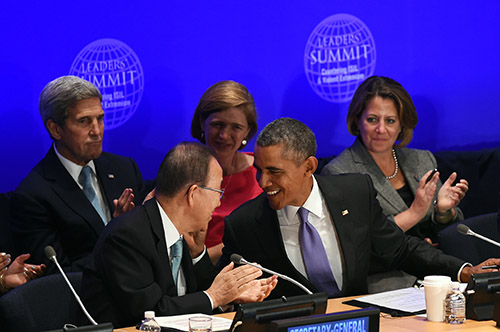
Privatizing censorship in fight against extremism is risk to press freedom
“We’re stepping up our efforts to discredit ISIL’s propaganda, especially online,” President Barack Obama told delegates at the Leaders’ Summit on Countering Violent Extremism last month. The social media counter-offensive comes amid U.N. reports of a 70 percent increase in what it terms “foreign terrorist fighters”–citizens of U.N. member states who have left to join…
Save Crypto: CPJ joins call for Obama to back strong encryption
The Committee to Protect Journalists has signed a petition organized by digital rights groups Access and the Electronic Frontier Foundation, urging President Barack Obama to publicly commit the U.S. to a policy of supporting strong encryption. Since the Save Crypto petition’s launch on September 29, it has gathered nearly 18,000 signatures, including about 30 from…
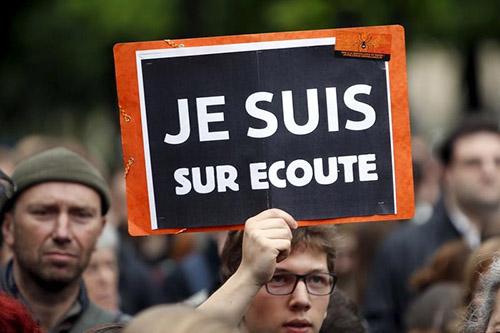
CPJ joins call to oppose draft surveillance law in France
The Committee to Protect Journalists has joined 30 other press freedom and digital rights groups in calling on the French government to reject a draft law on surveillance. The open letter, submitted yesterday to members of parliament, warns against giving authorities greater powers to spy on communications.
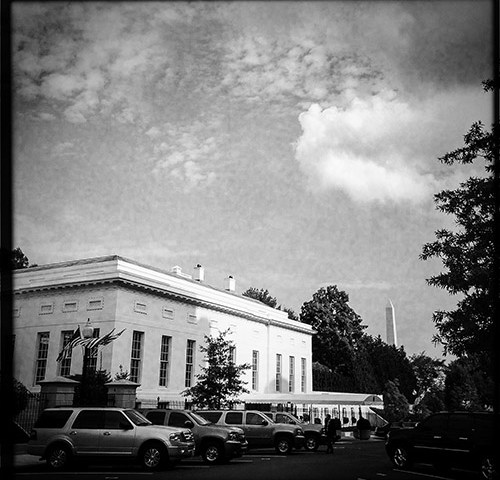
Has White House finally got the message about strong encryption? Welcome shift seen in speeches and policy memo
Yesterday, during a panel on encryption policy hosted by Just Security, an online forum covering national security law and policy, top U.S. intelligence lawyer Robert S. Litt pressed the case for engineering backdoors in encryption without undermining computer security as a whole. As CPJ has documented, leading security and policy experts consider this impossible.
Germany scores against the surveillance state
It all went very fast. On Tuesday morning August 4, Germany’s chief federal prosecutor, Harald Range, was ordered by Justice Minister Heiko Maas to withdraw an independent expert from the investigation of two journalists from Netzpolitik. The investigator had concluded that leaked documents quoted by the news website amounted to a disclosure of a state…
Hacking Team leak underscores complexity of regulating software
Among the 400 gigabytes of internal documents belonging to surveillance firm Hacking Team that were released online this week are details of the company’s dealings with some of the most oppressive governments in the world. The revelations, which have generated alarm among privacy, security, and human rights advocates, have also fueled debate around the esoteric…
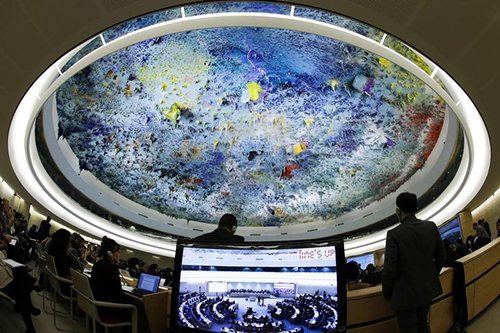
UN report promotes encryption as fundamental and protected right
On Wednesday, Special Rapporteur on freedom of opinion and expression David Kaye will present his report on international legal protection for encryption and anonymity to the United Nations Human Rights Council. The report is an important contribution to the security conversation at a time when some Western leaders are calling for ill-informed and impossible loopholes…
